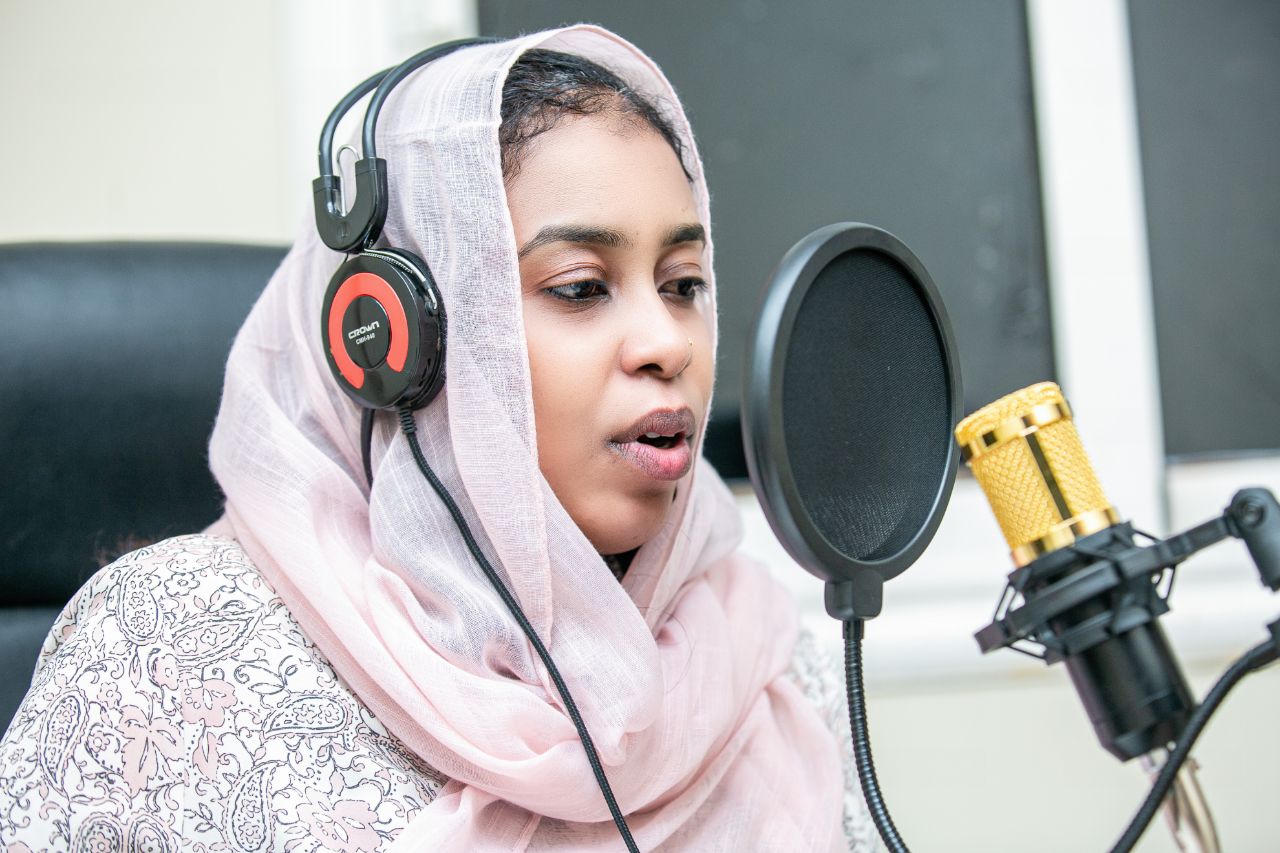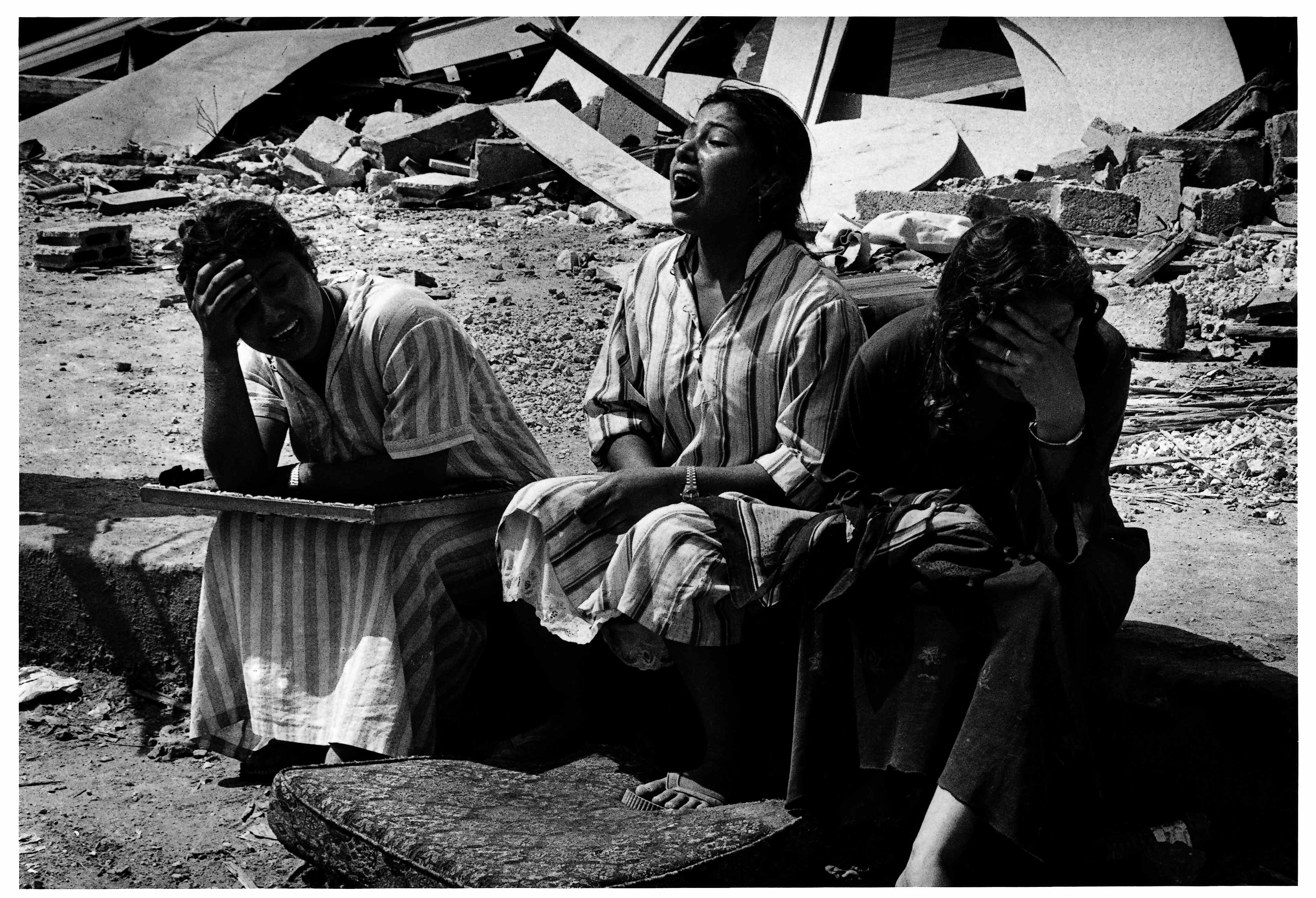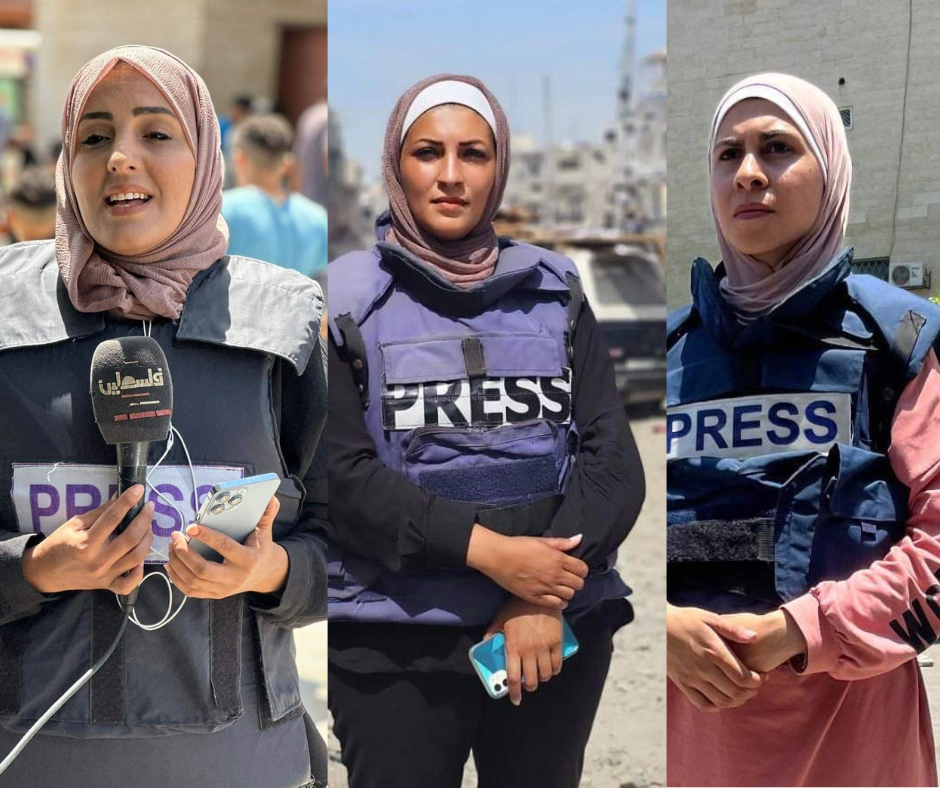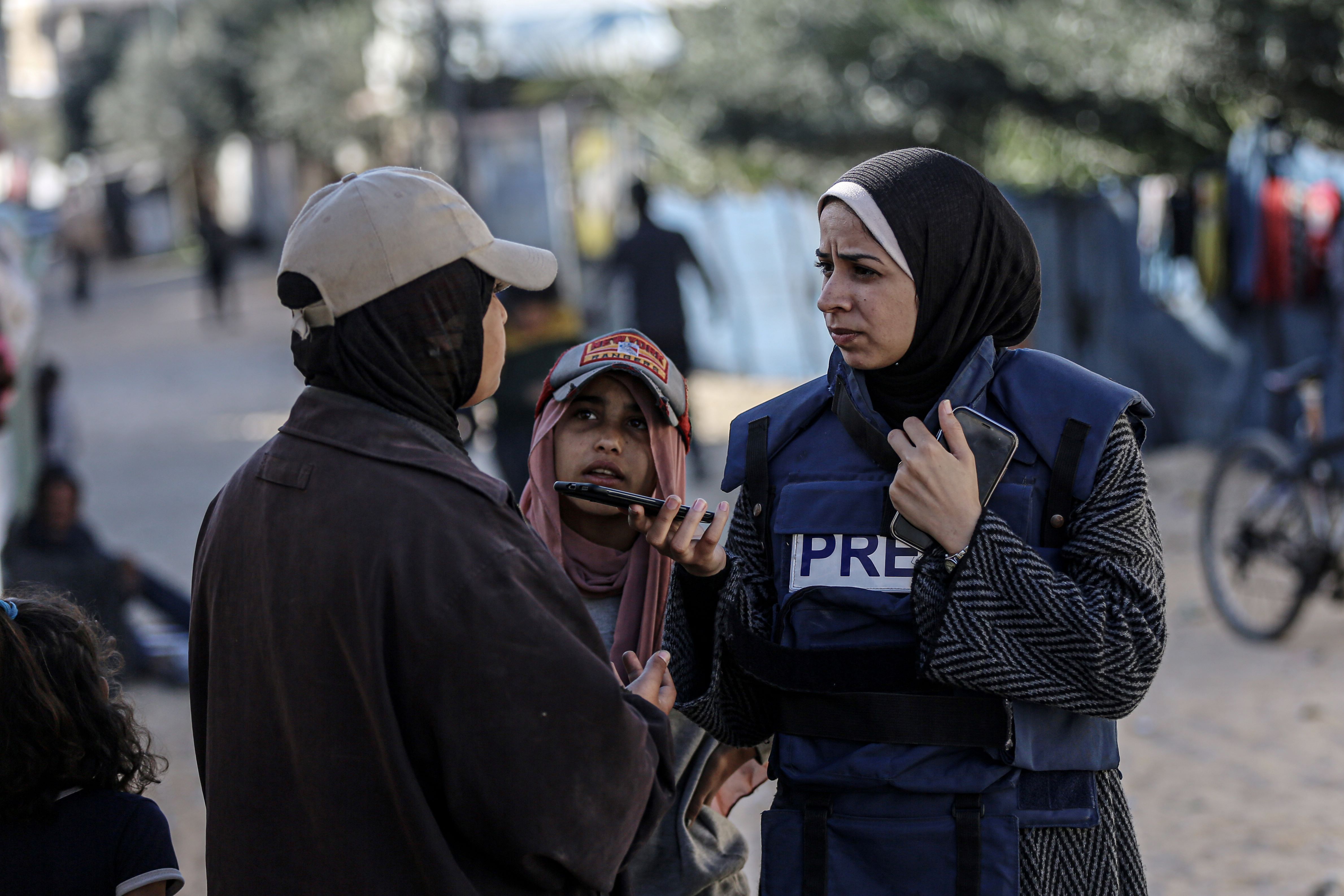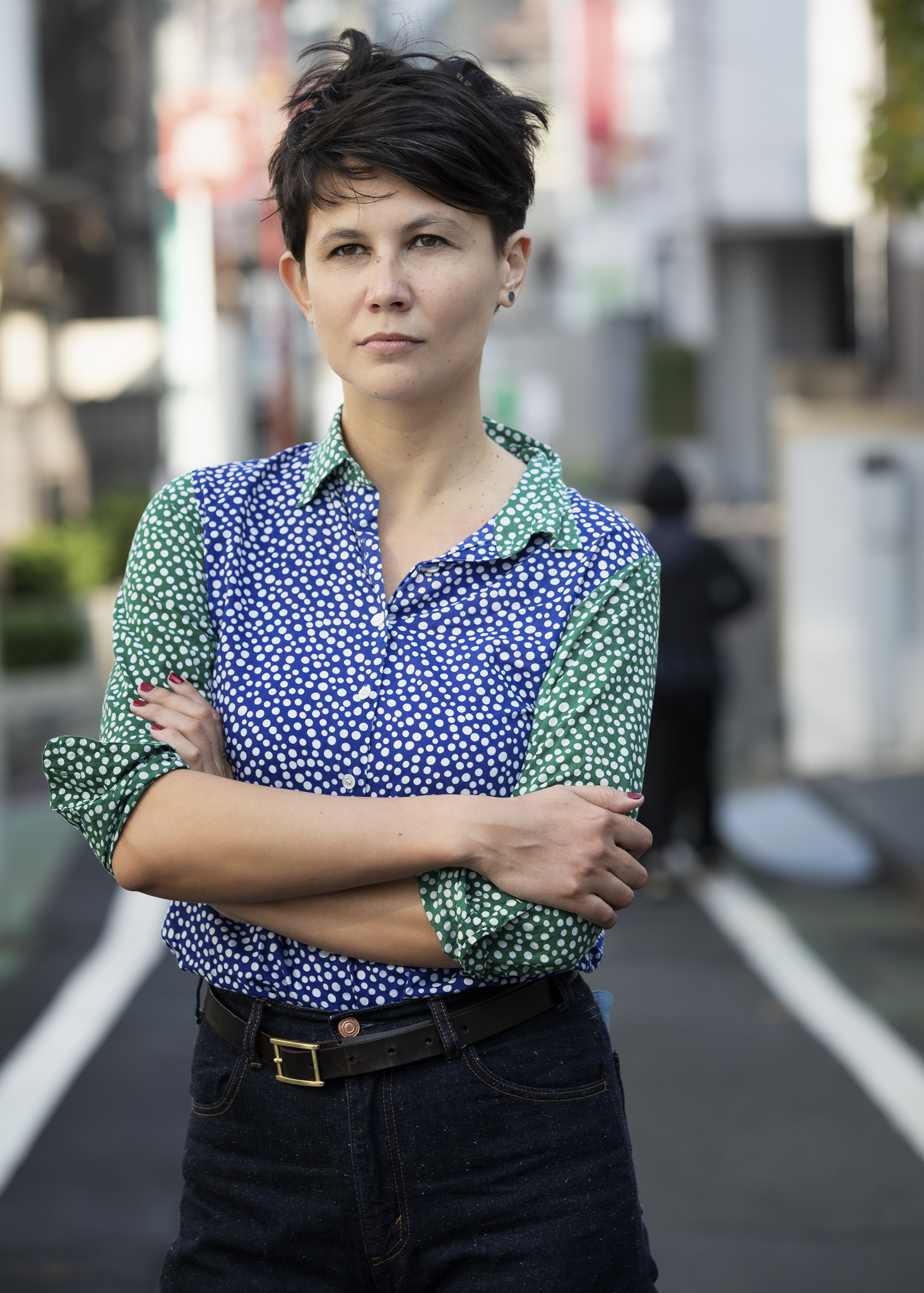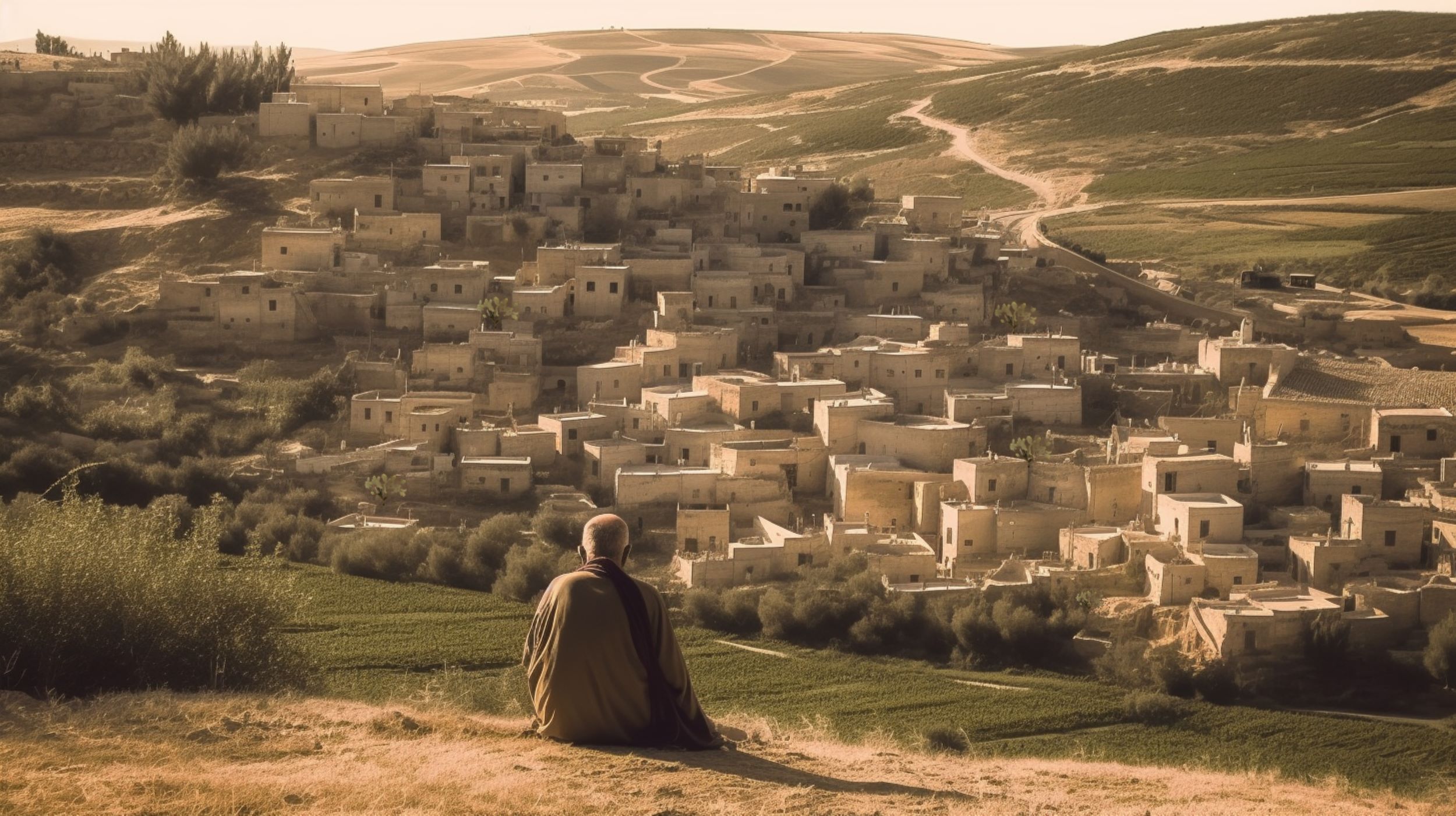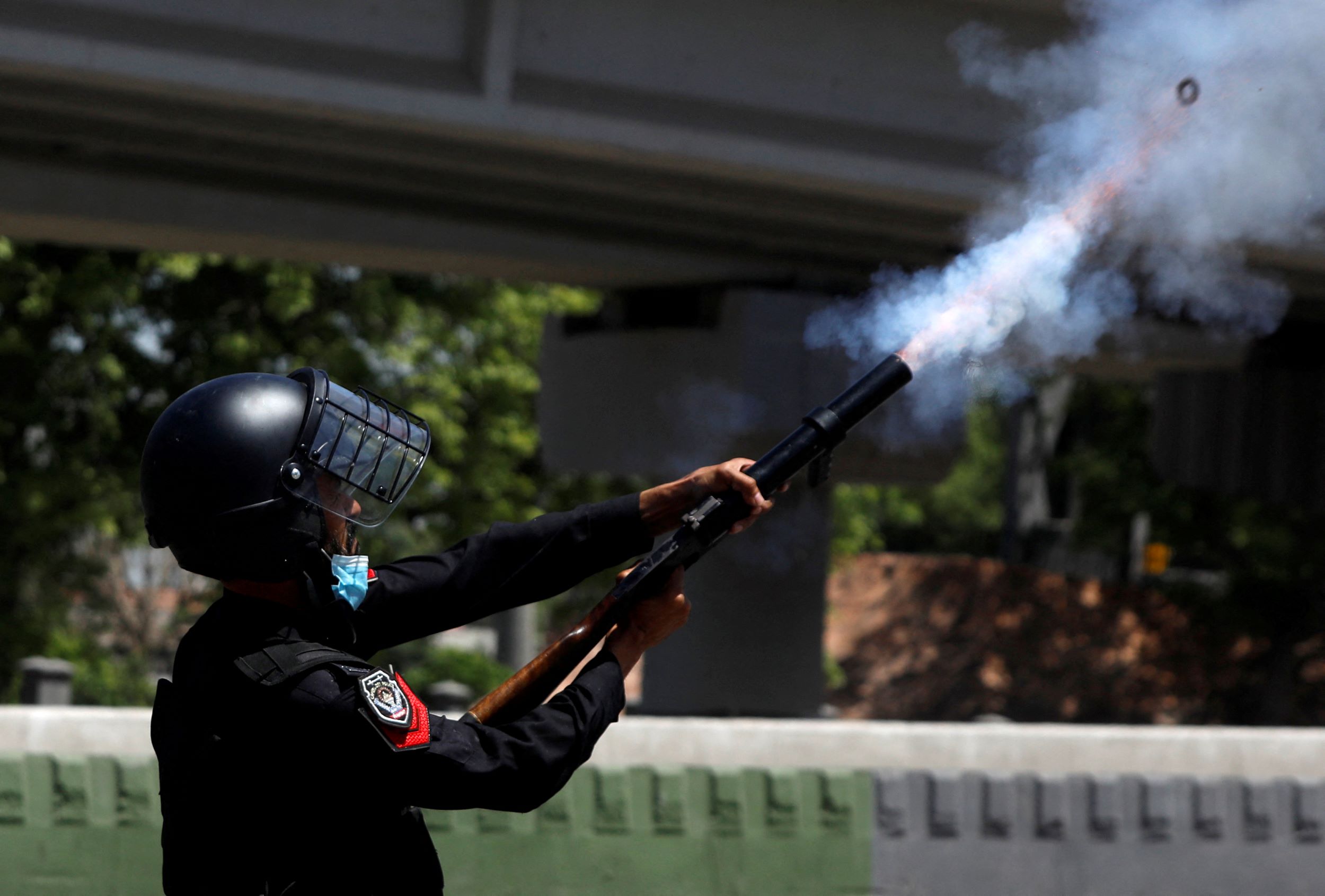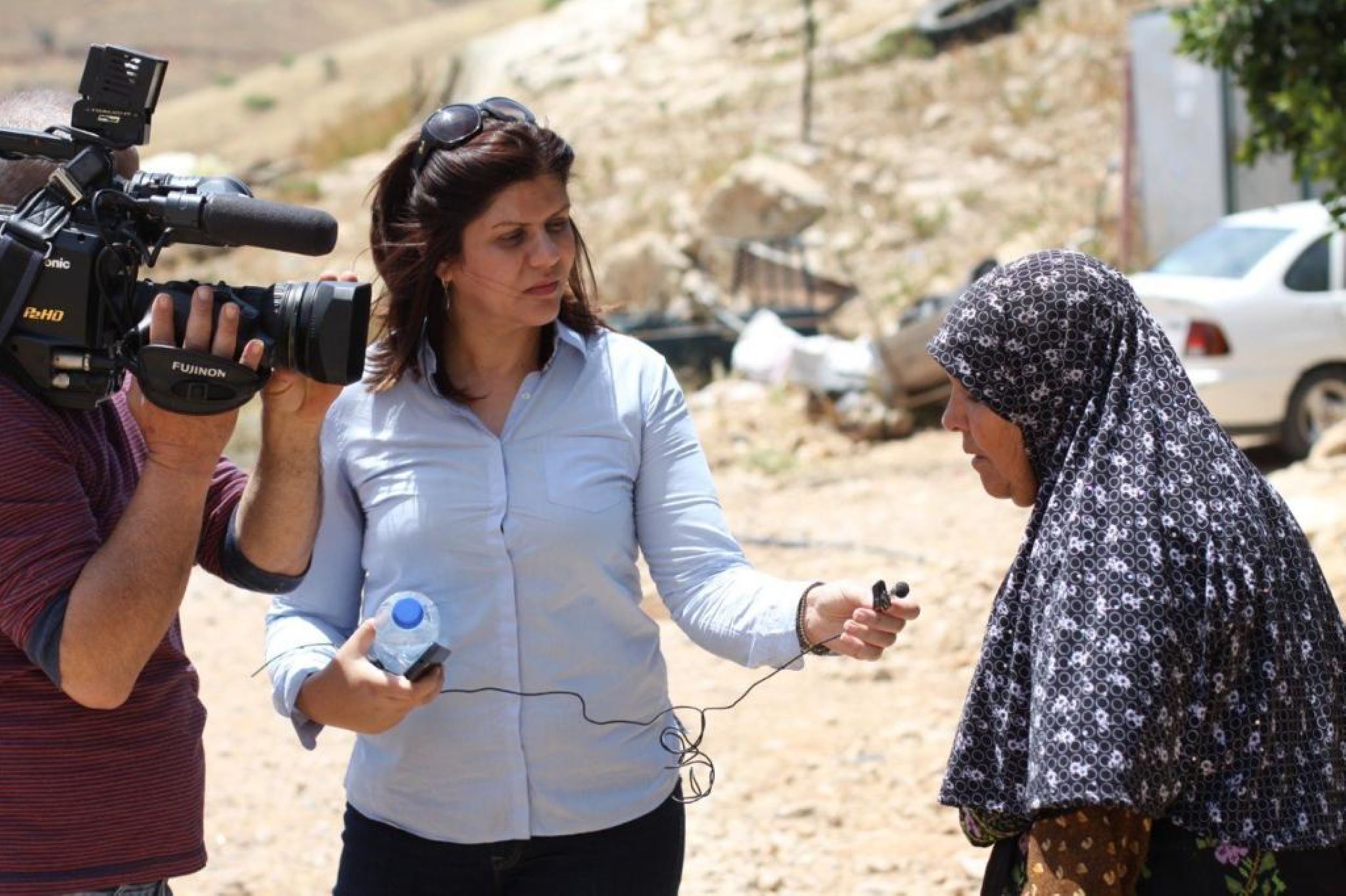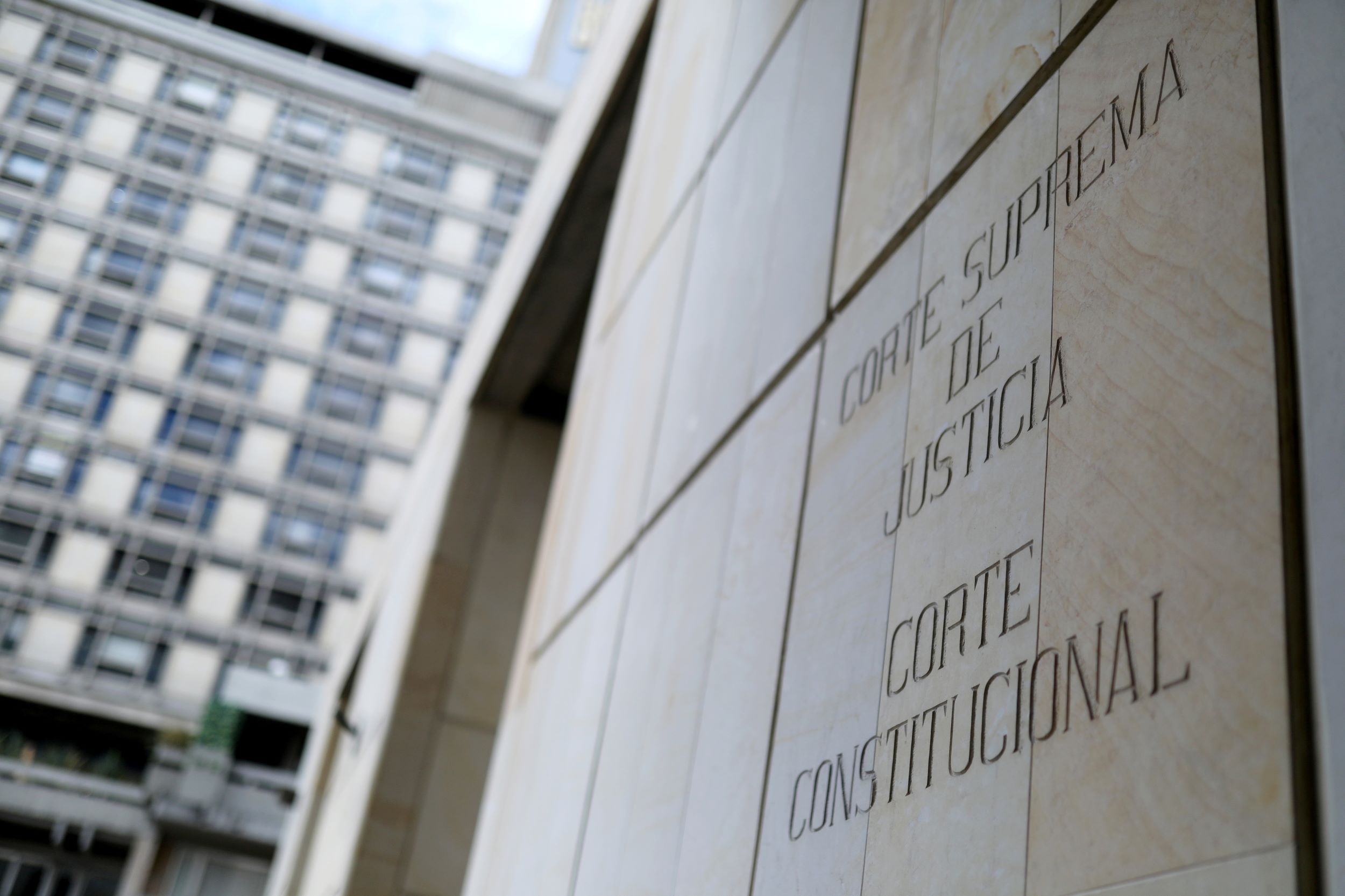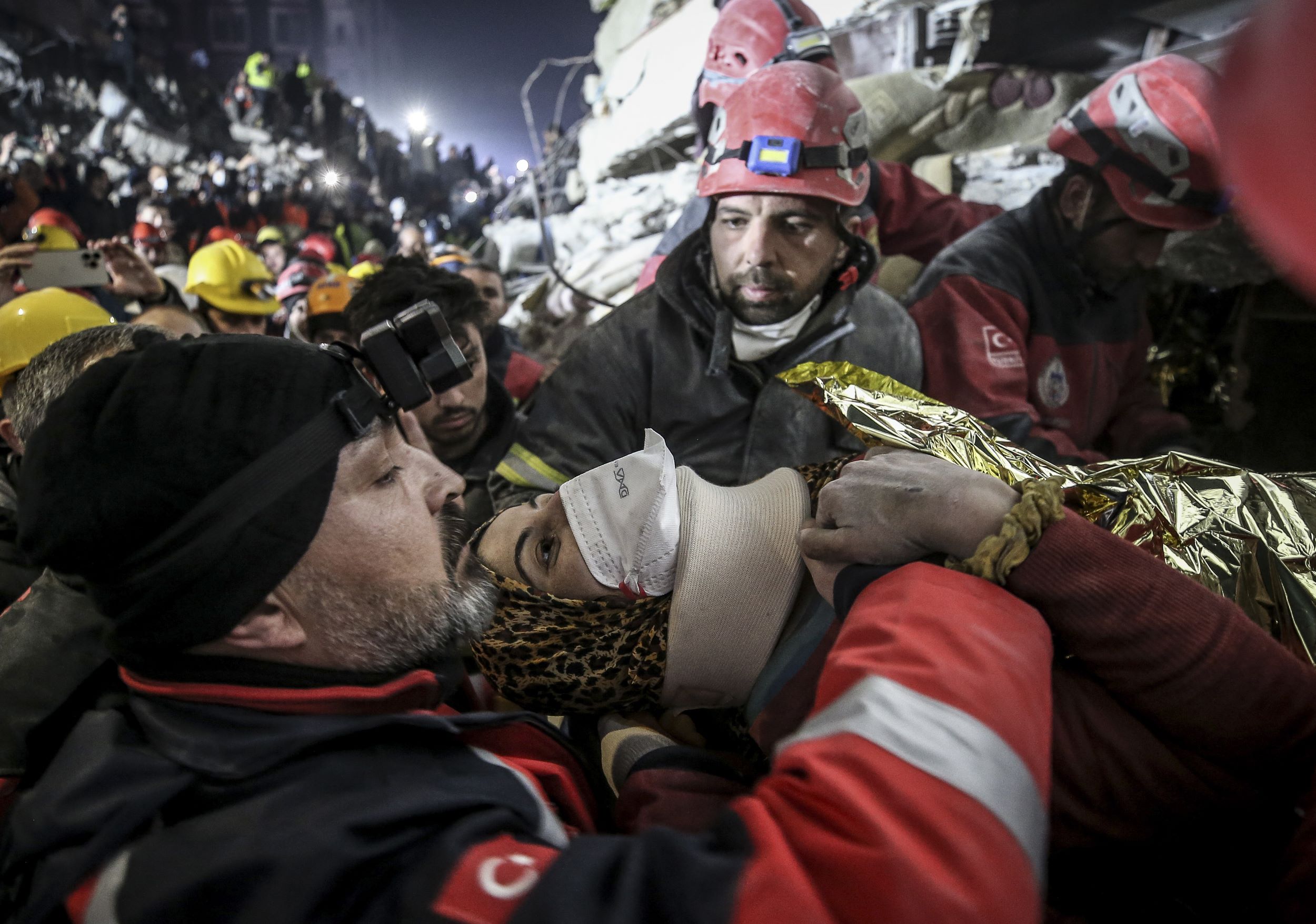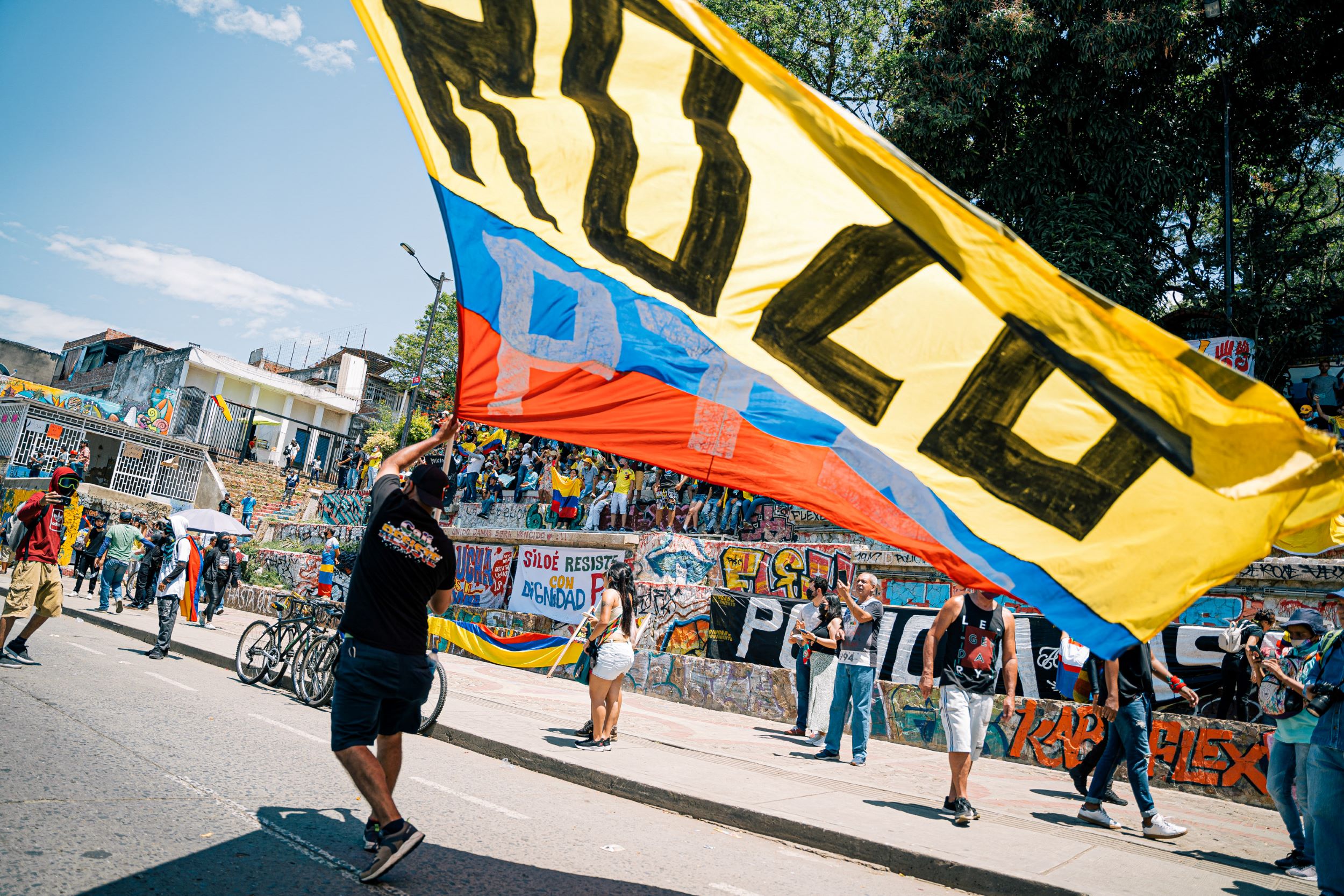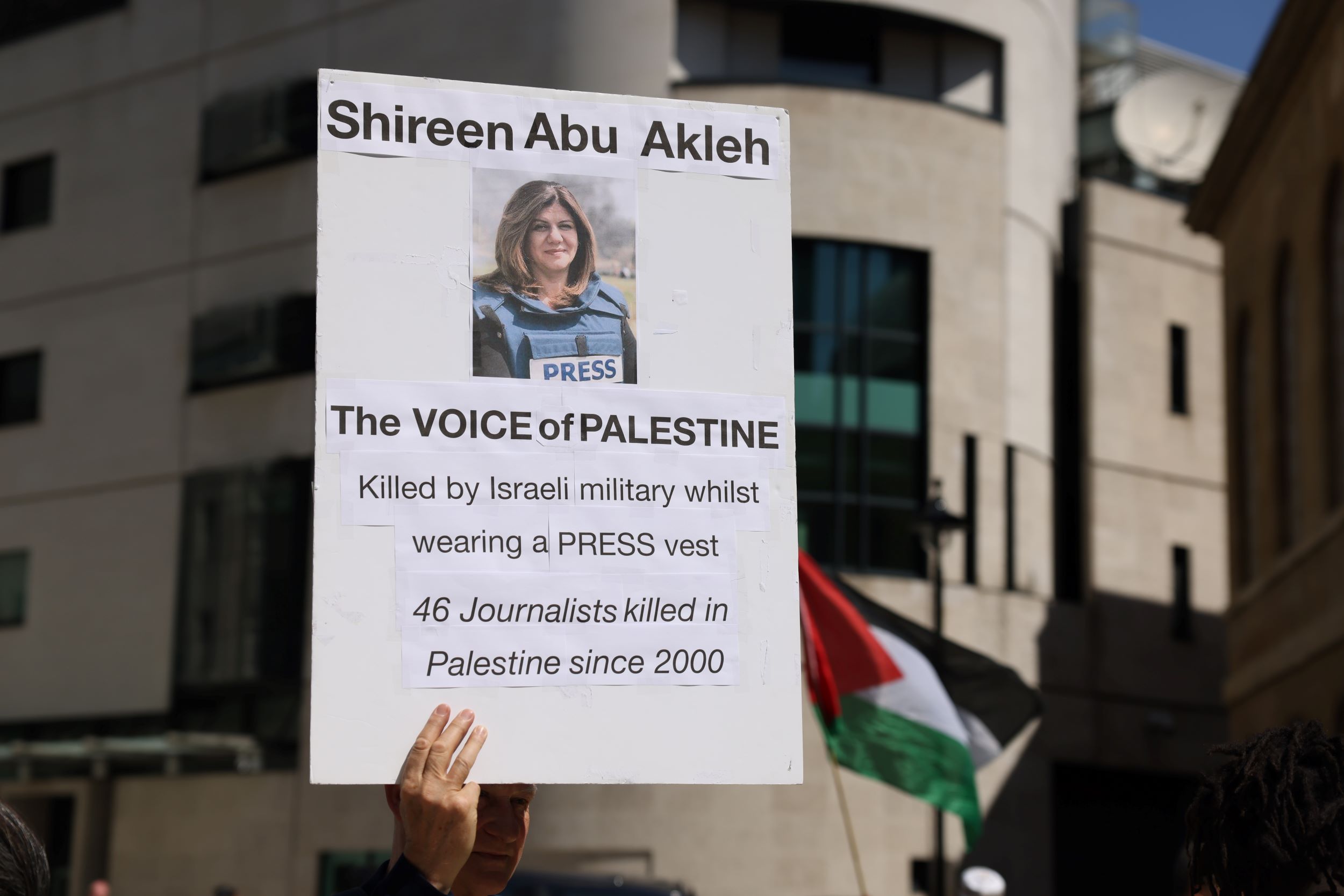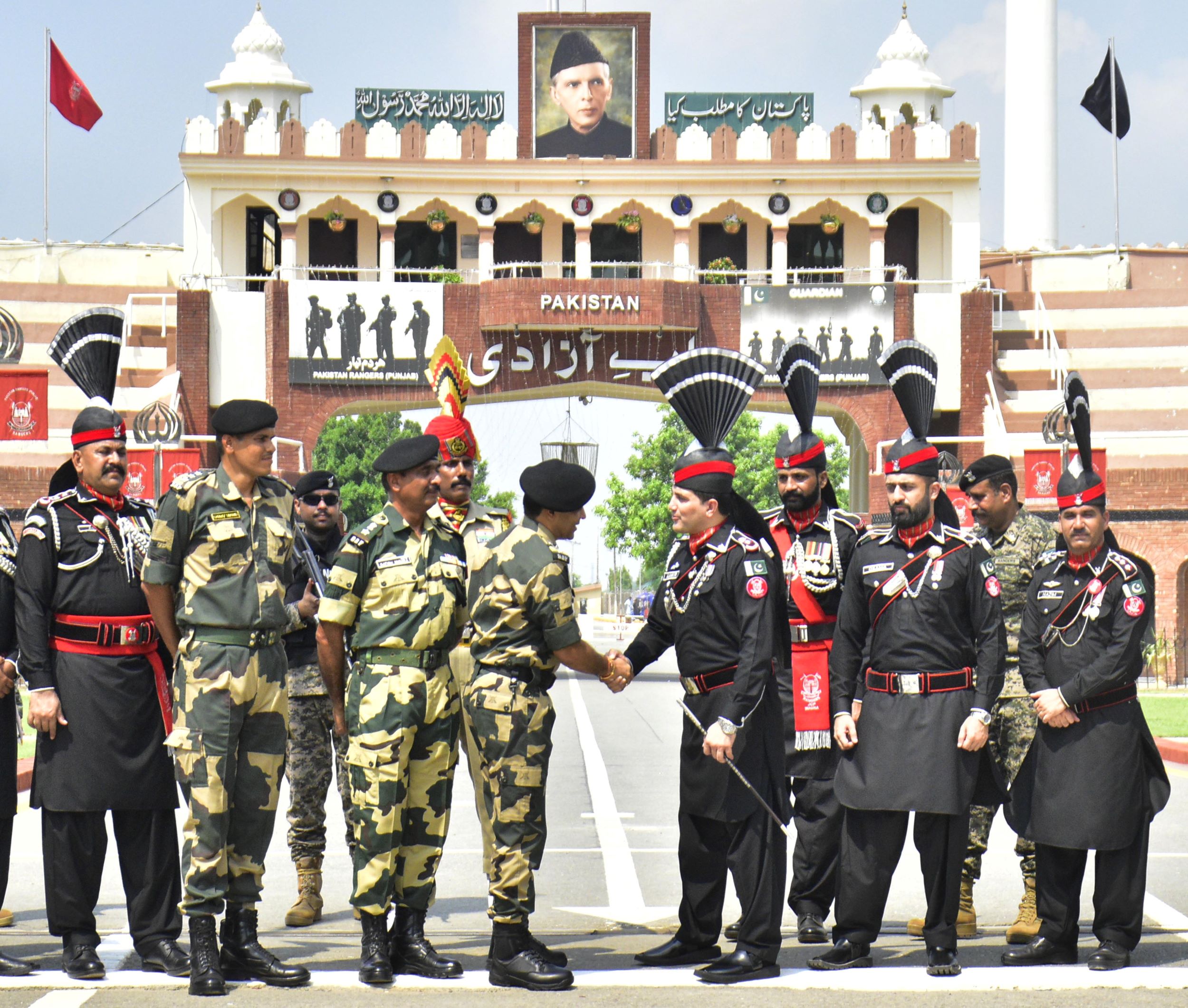من الشاشة يطل مدير مركز تنسيق الإنذارات وحالات الطوارئ الصحية بوزارة الصحة الإسبانية فرناندو سيمون -الرجل البسيط الذي كان يحاول تفسير هول الكارثة وطمأنة الرأي العام- إلى جانب مسؤولين من القوات المسلحة وأجهزة الأمن المختلفة ووزارة النقل لم تكن لديهم خبرة في المجال الإعلامي سابقا، ولكن وقع على عاتقهم جميعا عبء مهمة شرح الإجراءات الحكومية المتخذة على مدار الأسابيع الأولى من حالة الطوارئ الصحية المعلنة في البلاد.
في قاعة الندوات داخل مجمع قصر رئاسة الحكومة، فرضت كورونا على الإعلاميين تغيير عاداتهم والاكتفاء بالحضور الافتراضي الذي عقّد عملهم في الأسابيع الأولى من الجائحة، لكن هذه العوائق لا تحجب حجم المجهودات التي فُرِضت على الصحفيين لنقل الصورة أولا بأول في وضع استثنائي.
ذلك كان وضع مكتبنا الذي صادفته واحدة من أعقد التجارب المهنية، فالمراسل وإن كان في بلد مستقر سياسيا راكمَ الصحفيون فيه خبرة للتعامل مع الأوضاع الاستثنائية والطارئة، فإن هذه الأزمة رسمت في بدايتها منطقة رمادية فرضت على الصحفيين أسئلة الالتزام بالمهنية والحفاظ على سلامة الطاقم، دون المساس بجودة المنتوج الإخباري.
إنها مهمة لم تكن لأسئلتها الكثيرة وصفات جاهزة، لأنها تقتضي البحث المضني عن المعادلة السليمة لإنجاح عمل المراسل الميداني. في البداية كانت الصدمة وسبل احتوائها، فالمراسل وإن لزمه التجرد والحياد، يُعتبر جزءا من محيطه الإنساني والاجتماعي، يتأثر بمآسيه ويفرح بإنجازاته، وينقب عن الصيغة الحيادية لنقل كل هذه الأحداث والانطباعات.
كانت أولى القواعد تلك التي جاءت في شهادات وأعمال مراسلين ميدانيين كالكاتب الصحفي البولندي ريتشارد كابوتشينسكي، الذي علمنا أن هذه المهنة ليست مهنة للمتهورين، وأن المخاطرة بصحة وحضور أي إعلامي تعني إلغاء صوت ينقل إلى العالم ما يجري حوله.
من هنا كانت الأولوية لسلامة الطاقم وتنظيم طريقة العمل وفقا لظروف مرعبة، لكن رغم بشاعة المنظر تمكن معظم الصحفيين من الحصول على معطيات دقيقة ومحدَّثة عبر مصادر وزارة الصحة التي كانت منبعا لا ينضب من الأرقام والأخبار القيّمة التي نقلناها إلى المشاهدين.
وأمام استحالة الحضور المباشر في الندوات الصحفية، وفرت الحكومة الإسبانية كل الإمكانيات التكنولوجية للسؤال والتعقيب على كل ما كانت تعرضه الخلية الإعلامية الجامعة لكل الوزارات والمعنية بإدارة أزمة كورونا، لكنها رغم ذلك واجهت انتقادات من طرف إعلاميين إسبان ومراسلين أجانب أخذوا عليها "غربلة" الأسئلة واستبعاد "غير المريحة منها للحكومة" قبل طرحها على المسؤولين، وهو الموقف الذي تغيّر بعد توسيع السلطات الإسبانية فرصة التفاعل المباشر للصحفيين مع الخلية الإعلامية عبر تقنيات الدوائر التلفزيونية المغلقة.
لا شك أن البدايات الأولى كانت مرتبكة لأنه رغم خبرتنا مع الطوارئ لم نعهد أن نتعامل مع حدث كبير ببعد عالمي، لكن بعد ذلك، بدأت مرحلة الخروج إلى الميدان لمعاينة الأوضاع العامة في بلاد بدت مشلولة أمام الأعداد الهائلة من المصابين والوفيات.
من المستشفيات ومن دور المسنين ومن الأحياء المنهكة، نقلنا قصصا لمواطنين فقدوا أقاربهم وتغيرت حياتهم بين عشية وضحاها. في هذا التحدي لم نغفل ضرورة سلامة الطاقم، فكانت تعقيدات تقنية كالتكيف مع العمل عن بُعد، ومسابقة الزمن لتعلم تقنيات كانت حتى الأمس القريب اختصاصا بعيدا عن أولويات عمل المراسل.
لكن بخلاف باقي المكاتب، لم نفلح في الدخول إلى أحد المستشفيات، فالسلطات الإسبانية حاولت قدر الإمكان الحفاظ على خصوصية المرضى وسلامتهم، وهي المعايير التي أفرزت جدلا حادا في أوساط الإعلام الإسباني الذي اتهم الإدارة الاشتراكية بممارسة سياسة تعتيم تُغيِّب صوت الضحايا وصورتهم لتخفيض آثار الأزمة والتقليل من درجة حدتها.
بالإضافة إلى تجميع عناصر التقارير والتفاعل مع المستجدات الإخبارية عبر الاتصالات المباشرة، فُرِضَ علينا في هذه المرحلة توزيع العمل بين المصور والمراسل بطريقة يتمكن خلالها الفريق من تأمين كل المواد المطلوبة دون المساس بأولويات السلامة، فكان أن تعلّمْتُ بعض تقنيات المونتاج والتصوير، ووجدتني أجري مقابلات مع ضيوف عجز المصور عن الوصول إليهم نظرا لإجراءات العزل العام.
تلك مكتسبات مهنية جادت بها علينا هذه الظرفية الاستثنائية وفتحت لنا أبواب السؤال عن أهمية التكوين المستمر لتفادي المفاجآت التي قد تجهض العمل الصحفي في مثل هذه الأوضاع. فالمراسل -حتى وإن لم تكن من اختصاصاته الآنية- سيتوجب عليه في القريب العاجل إجادة التصوير، وربما المونتاج، في عالم مهني متغير وخاضع لإضافات التكنولوجيا المتواصلة.
وشيئا فشيئا تجاوزنا هذه التعقيدات لننتقل إلى مرحلة ثالثة تمكننا من الخروج من العاصمة الإسبانية لنقل واقع كورونا في مناطق أخرى مثل إقليمي كتالونيا والأندلس. فرغم أن مدريد كانت وما زالت البؤرة الرئيسية للوباء، ثمة أقاليم أخرى جُرِحَت بدورها بمخالب هذه الأزمة، لذا كان لزاما أن ننتقل إليها.
في أول بنود قانون الطوارئ الرسمية، شددت السلطات على ضرورة البقاء في أماكن الإقامة دون التنقل بين الأقاليم، لكنها فتحت بابا لبعض المواطنين للتحرك بين المدن لدواعٍ مهنية. من هذا الباب خرجنا إلى مدن برشلونة وغرناطة وألميريا، حيث رصدنا أوضاع بعض المهاجرين الذين كانوا من بين أكثر المتضررين من الأزمة التي أصابت -في مقتل- السياحة الإسبانية في مدن مثل غرناطة، إذ التقطت كاميراتنا صورا لم نعهدها في المدينة الأندلسية: قصر حمراء فارغ، وحي البيازين الصامت، وميادين المدينة الخاوية على عروشها بعد أن كانت تعج بالحياة في السابق.
ولأن لكل مرحلة نهاية، لم نتوانَ في نقل بوادر الأمل الأولى التي ظهرت ملامحها عندما أعلنت الحكومة الإسبانية بدء تخفيف إجراءات العزل العام. من صالونات الحلاقة ومن المقاهي ودروب مدن صغيرة مثل وادي الحجارة، ارتأينا أن نصاحب المواطنين الإسبان في عودتهم البطيئة إلى الحياة الطبيعية.
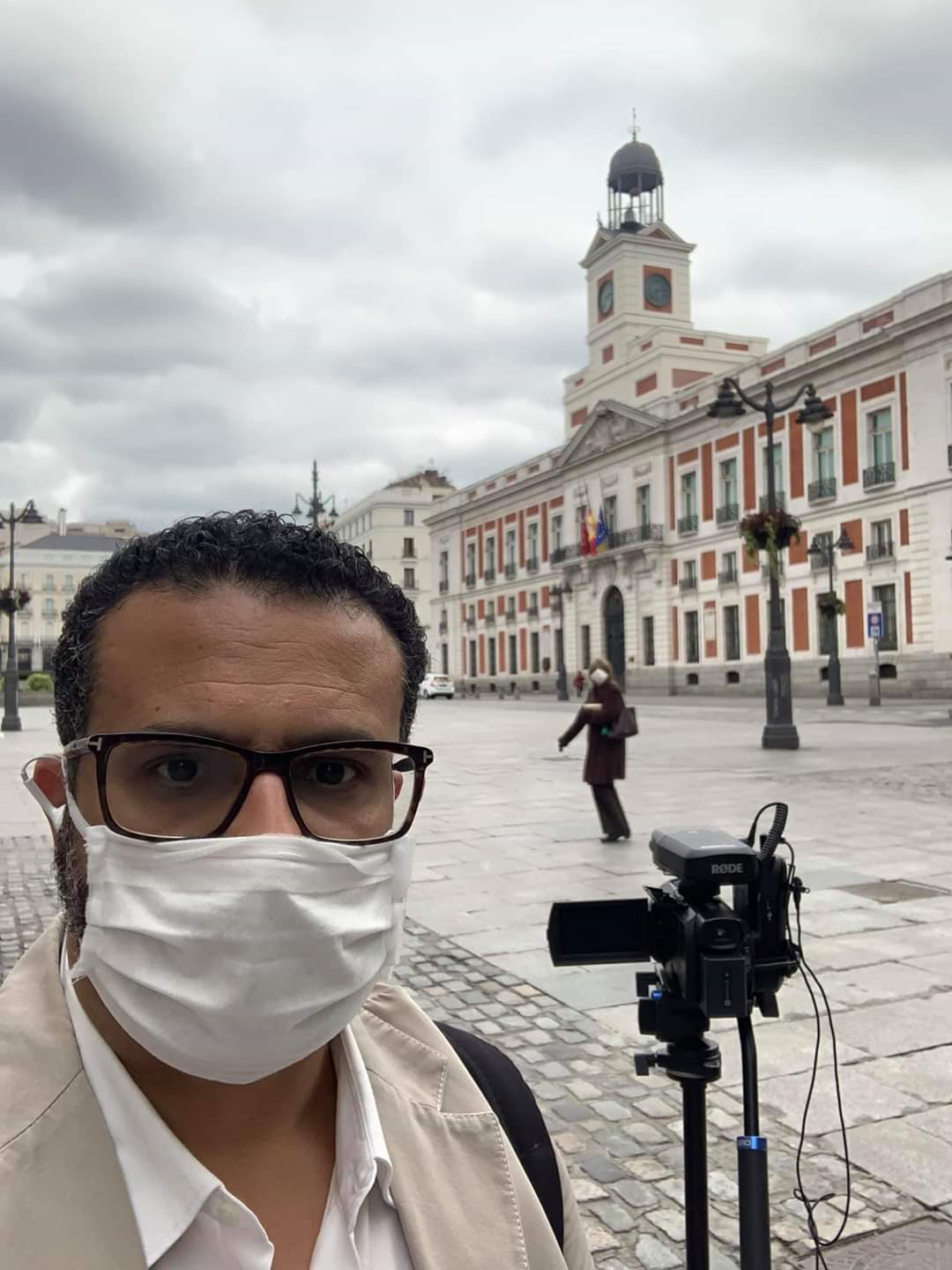
تطور لم ينته بعد، لكننا سعينا لمرافقة مشاهدينا إلى حيث عاد الأمل بعد أن كان مختفيا في كبريات المدن مثل برشلونة. هناك وفي المرحلة الثانية من تخفيف الإجراءات، بحثنا أيضا عن قصص السباق من أجل الحصول على لقاح وأدوية تجابه الجائحة.
يبقى الآن أن نستعد للتفاعل مع ما يمكن وصفه بالجزء المقبل من هذه الكارثة، والذي بدأت تتكشف معالمه في بعض المدن الإسبانية. طوابير طويلة للحصول على المساعدات الغذائية، إحصاءات يتم تحيينها كل شهر، فضلا عن مشاهد الركود الاقتصادي في أهم الأقاليم. كلها عناصر توحي بأن الطريق إلى لملمة الأوضاع المالية والاجتماعية ما زال طويلا، وسيفرض تغطية إعلامية شاملة تنقل وقع هذا الكساد على أهم القطاعات الاقتصادية مثل السياحة، وعلى ملايين المواطنين الذين فقدوا وظائفهم.
لكن قبل الوصول إلى هذه المرحلة، ونحن نعيد النظر إلى الوراء، نعتقد أنه لم يمر الوقت الكافي لتقييم المسار الذي حملنا إلى هذه اللحظة والوقوف عند كل نواقصه، لكنه يظل تجربة استثنائية تعلمنا منها الكثير وطبقنا خلالها كل ما يفرضه العمل الصحفي الرصين من تجميع للأخبار الدقيقة من مصادر موثوقة، وتغليب لكفة الإنسان ومعاناته، وتعاطٍ متواصل مع كل التحديات التي قد تقف أمام عمل الإعلاميين وسط حدث عالمي لم تنته بعد كل تداعياته.







